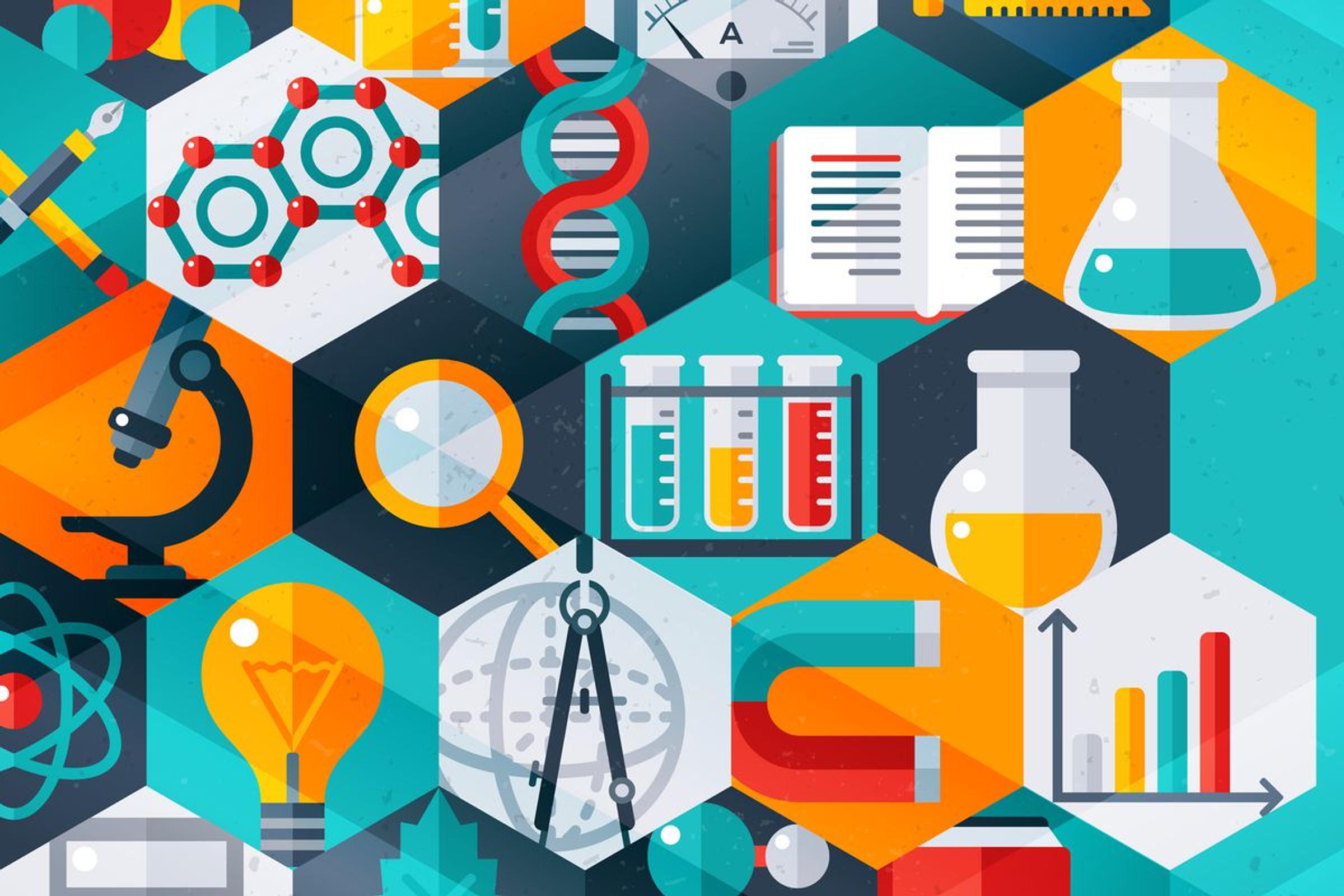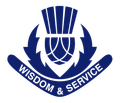SCIENCE

SCIENCE AS A HUMAN ENDEAVOUR
Science as a Human Endeavour is an innovative strand of the Australian Curriculum. This strand highlights the development of science as a unique way of knowing and doing, and the importance of science in contemporary decision-making and problem-solving. It acknowledges that in making decisions about science practices and applications, ethical and social implications must be taken into account. This strand also recognises that science advances through the contributions of many different people from different cultures and that there are many rewarding science-based career paths.
Our students in Year 7-9 undertake specific tasks that explore an aspect of contemporary Science with a particular emphasis on the interaction between society and the application and use of scientific knowledge, the influence and development of new technologies, or the design of solutions to problems. For instance, our Year 7s are currently applying their understanding of water chemistry to design and test a home-made filter to purify a sample of dirty water. By doing this, they gain an understanding of how their scientific understanding can be applied to help solve the global water crisis. Our Year 8s have recently researched the process of hydraulic fracturing (or ‘fracking’) as a method for extracting natural gas from underground, applying their understanding of the social, economic and ethical implications to help make an informed decision about whether they believe fracking should be allowed in Victoria. Our Year 9s used their knowledge of the anatomy of the eye to research an eye disease and discuss technological advances designed to treat these diseases.
We encourage our students to talk to their parents and other caregivers about what they’ve learnt in these tasks, and how this scientific understanding can be applied in the real-world. Acknowledging and encouraging your children’s interests and natural abilities in science will help them further develop their interests and abilities over time.
Cherie Marks
Head of Science
